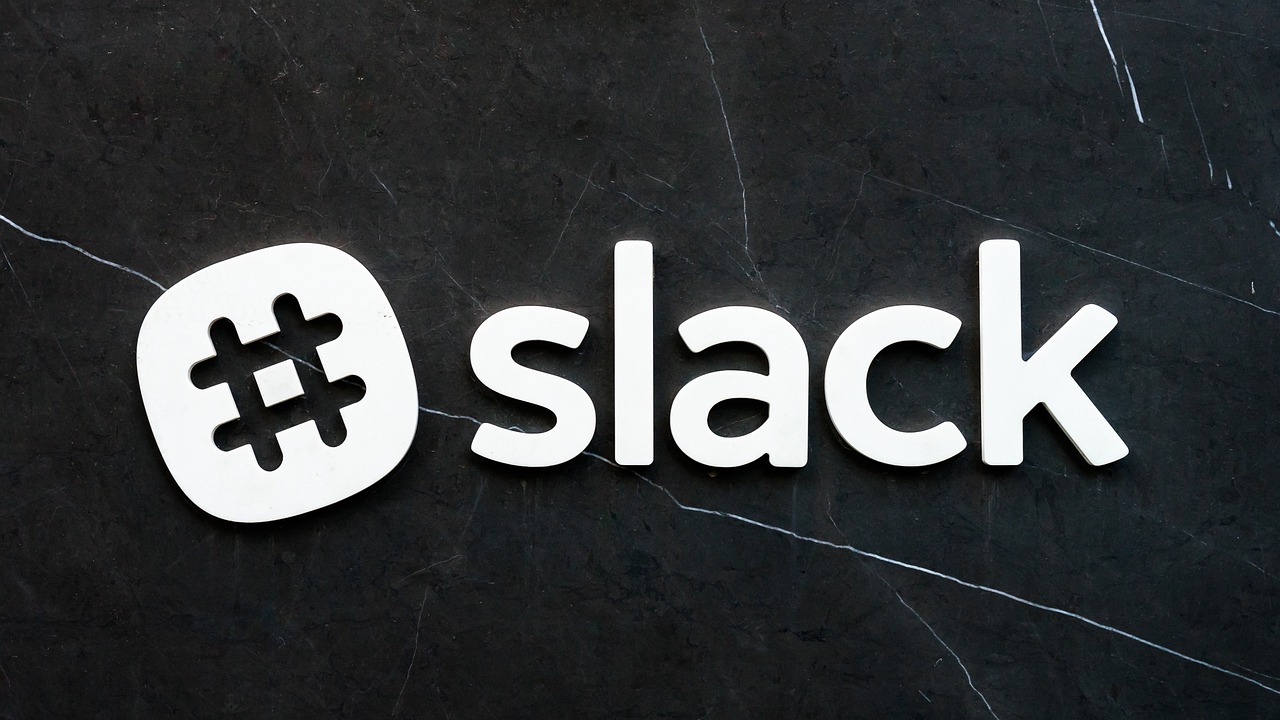None

Brief news summary
As organizations rely more on Slack channels, managing noise and streamlining tasks becomes a challenge. However, Slack's integration of AI and automation helps mitigate these burdens. AI tools like the recap function and integrations with other platforms make searching for important information easier. European users benefit from AI features such as writing assistance and summarization, saving them two hours of administrative time per week. While this extra time is valuable, workers are unsure how to optimize it. The ongoing debate surrounding AI's impact on the future of work includes concerns about job displacement and redefined work hours. CEO Denise Dresser believes AI will increase efficiency, create new opportunities, and enhance human productivity. She optimistically envisions AI as a powerful tool with significant potential.As your tenure at an organization grows longer, you find yourself becoming involved in more Slack channels, making it increasingly difficult to eliminate the noise. Even Fortune has not been immune to this channel buildup and the platform's well-known clicking noise, with writers engaging in chats that cover a wide range of topics, from breaking news to local food recommendations and commentary on recent football games. Managing Slack can become a job of its own. However, with the incorporation of AI and the reduction of mundane tasks, users now face the challenge of how to effectively utilize their newfound free time. AI presents a time predicament Slack's AI capabilities alleviate the laborious task of searching the messaging app for important information. The software includes a "recap" function that provides users with a summary of incoming messages, prioritizing what matters most. Customers, including tech giants like OpenAI, Spotify, and Uber, are streamlining their workflows by integrating Slack with other platforms such as Asana, a work management app. AI is also making an impact across Europe. Denise Dresser, Slack's CEO, who has been in her position for seven months at the Salesforce-owned messaging app, highlighted a study by Workforce Lab. This study reveals that U. K.
users are taking advantage of the writing assistant feature, while French users largely use it for summarization. Germany leads the way in AI adoption, with 36% of desk workers relying on the technology. Workers in the country are more inclined to automate their work compared to their counterparts in other European nations. Early results indicate that the push for automation is paying off. According to Slack, its AI tool, Slack AI, saves users 97 minutes per week of administrative time. However, this progress has also generated a new problem: many workers are uncertain about how to effectively utilize their extra time. "They were still focusing on the work of work, which means we haven't fully shifted our operational and mindset approach to embark on new endeavors, " Dresser explains, reflecting on the findings of the Workforce Lab study. She further adds, "When I meet with executives and discuss the future of AI, we strongly believe that a platform must serve as a command center for work powered by AI, driving efficiency. However, it is also crucial to consider the necessary changes in the operating model that leaders must drive. " These findings raise important questions about how AI will enhance work, replace certain roles, and potentially create new ones. The debate about whether the conventional five-day workweek will eventually become obsolete due to AI is also ongoing, presenting users with the option to either have more leisure time or choose to work more. Dresser, on the other hand, plans to utilize her free time to engage with clients and remains optimistic that AI will continue to enhance employees' workflows. "I genuinely believe it will be one of the most significant productivity boosters we have ever witnessed, truly unlocking human potential, " Dresser states. "It will likely create more jobs, and I find that prospect exciting. "
Watch video about
None
Try our premium solution and start getting clients — at no cost to you

I'm your Content Creator.
Let’s make a post or video and publish it on any social media — ready?
Hot news

Amazon's Investments and Initiatives in AI Infras…
Amazon has announced a major $15 billion investment to build new data center campuses in Northern Indiana, aiming to boost artificial intelligence (AI) infrastructure and innovation in the region.

AI Video Content Moderation Tools Combat Online H…
To improve safety and integrity within online communities, social media platforms are increasingly adopting artificial intelligence (AI) tools specifically designed for video content moderation.

Understanding the Impact of AI on SEO Rankings
Artificial intelligence (AI) is swiftly revolutionizing the field of search engine optimization (SEO), significantly impacting how websites are ranked across diverse search platforms.

US’ conditional sales of H200 AI chips mirror Chi…
Photo: VCG In a complex global environment marked by technological competition and cooperation, recent news from across the Pacific holds significant weight

Optimove Launches AI Marketing Tools Hub to Suppo…
Optimove has launched its AI Marketing Tools Hub, a resource leveraging AI to help marketing teams work faster and autonomously across campaigns.

Producers at Hong Kong toy fair bet on AI-powered…
Artificial intelligence (AI)-powered dog and cat plushies could potentially double sales this year, according to manufacturers at Asia’s largest toy fair held in Hong Kong.

Could ChatGPT convince you to buy something? Thre…
Eighteen months ago, artificial intelligence (AI) development seemed poised to avoid the pitfalls of social media, such as consolidation under a few dominant tech firms and the monetization of consumer attention through surveillance and advertising.
AI Company
Launch your AI-powered team to automate Marketing, Sales & Growth

and get clients on autopilot — from social media and search engines. No ads needed
Begin getting your first leads today








